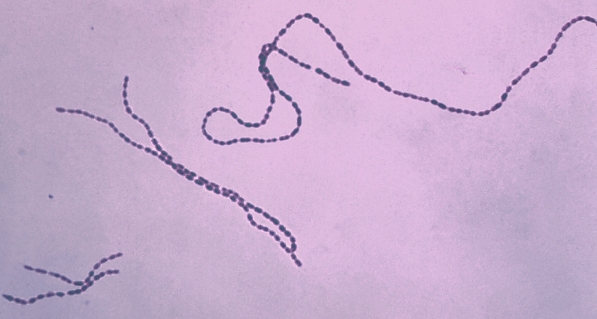The bacteria that live in the gut (gastrointestinal tract) constitute a large part of an individual's microbiome (also known as microbiota). In general, gut bacteria, also referred to as the microbial flora of the gut, are harbored by normal, healthy humans. Intriguingly, researchers have discovered interactions between the microbiome and the organ systems of the human body. In other words, the gut can be viewed as an ecosystem that may affect the functionality of these various organ systems. In particular, abnormalities within or damage to the bacterial ecosystem of the gut may affect human health and lead to disease states, including those pertaining to the central nervous system and mental health. In fact, the ability of gut bacteria to affect the brain, and thus affect psychological function and behavior, is being studied in a number of investigations. See also: Brain; Central nervous system; Digestive system; Gastrointestinal tract disorders; Human microbiota; Microbial ecology; Microbiome; Psychology

One recent and compelling study conducted in Belgium and the Netherlands, which involved more than 2000 people, suggests a strong association between a set of two particular genera of bacteria and mental well-being. Specifically, individuals suffering from depression were found to have depleted levels of Coprococcus and Dialister; in contrast, individuals with positive outlooks and indicators of strong well-being were determined to have normal levels of these gut bacteria. In addition, high levels of these bacteria were observed in individuals who judged themselves to have very positive states of mental well-being. Researchers thus surmise that these two types of bacteria may be making or breaking down chemical substances that are required for proper nerve cell function. Moreover, in the absence of adequate levels of these bacteria, an individual's mental health may be affected, leading to depression. See also: Affective disorders; Bacteria; Bacteriology; Depression; Immune regulation by the microbiome; Mental disorders; Microbiology
Researchers caution that more studies are needed before causality can be firmly established. An apparent correlation has been identified between high rates of depression and low levels of certain gut bacteria, but a conclusive link remains elusive. The researchers hope to analyze more than 500 microbial species and to identify those that could alter mood and mental health. If more definitive conclusions can be ascertained, it is possible that depression may be treated by oral bacterial supplements or other infusions of bacterial flora. See also: Pharmacology; Psychopharmacology





